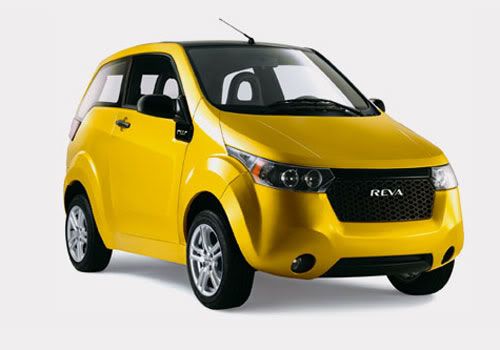The government of India on 29 August 2012 approved a 14000 crore rupees fund to spur the production of hybrid and electrical vehicles in the country. According to a new policy approved, Automobile companies and the government plan to put six million electric vehicles on road by 2020. The government under the new policy will fund research and development, infrastructure and subsidies.
With an aim at reducing the burden on fossil fuels, the Union government in national budget 2011 had proposed a plan to develop electric and hybrid vehicles. Later, the government set up a National Council for Electric Mobility led by heavy industries minister Praful Patel, and a National Board for Electric Mobility to ensure uniform rules in all the states.
According to an estimate about 130000 electric vehicles were sold in India in 2011-12. Electric scooters cost between 26000 rupees and 43000 rupees in Indian market, while country’s only indigenously built electric car Reva starts at 3.5 lakh rupees. Japan-based Nissan Motor Co. Ltd’s electric car, Leaf, is the largest-selling car in the world that runs on battery. It costs 33000 dollar (around 18 lakh rupees) in the US and its battery cost is at least half the car’s price.
The government has long been contemplating a policy to reduce its dependence on oil which make up a substantial part of India’s huge import basket. The hybrid and electric vehicles have emerged as a better alternative of traditional oil-based vehicles over the years.


No comments:
Post a Comment